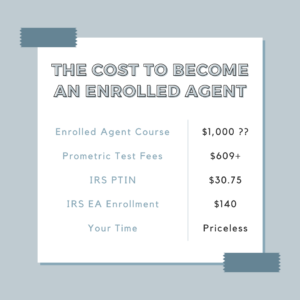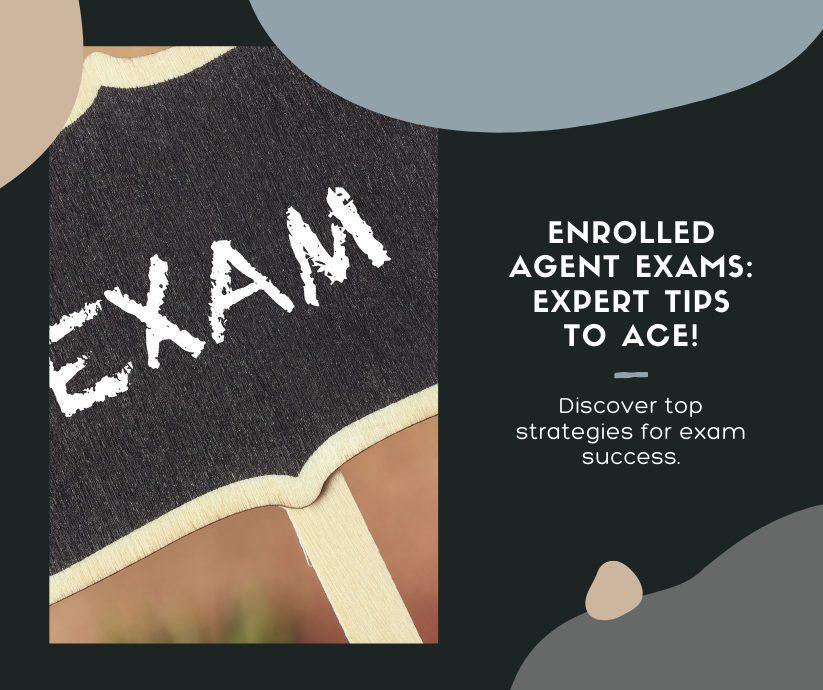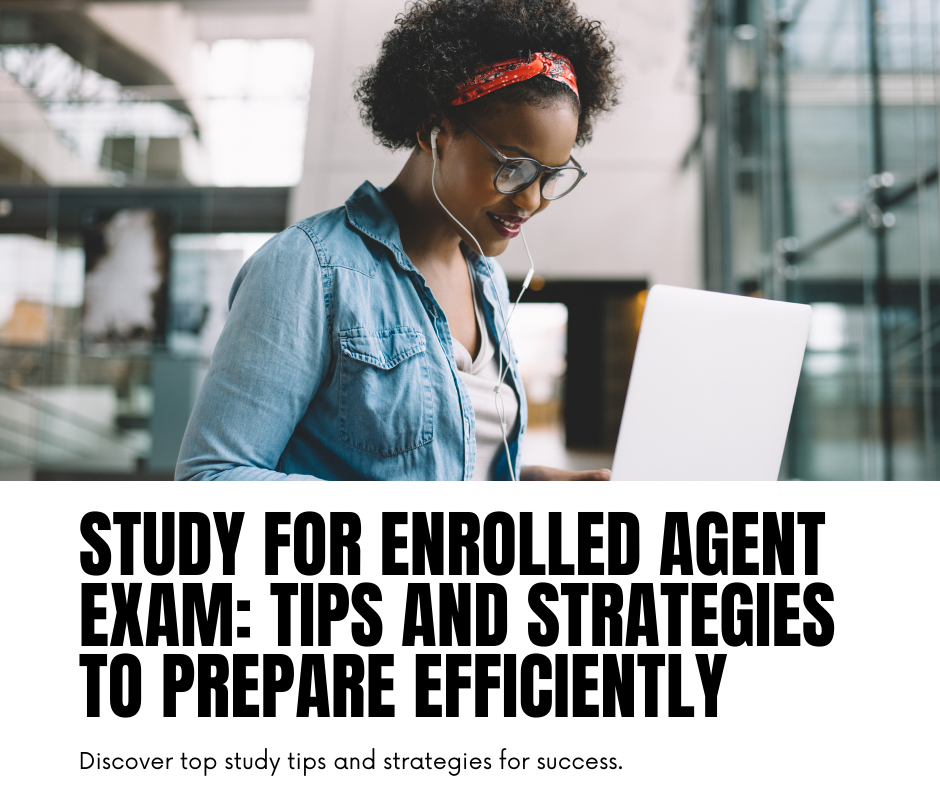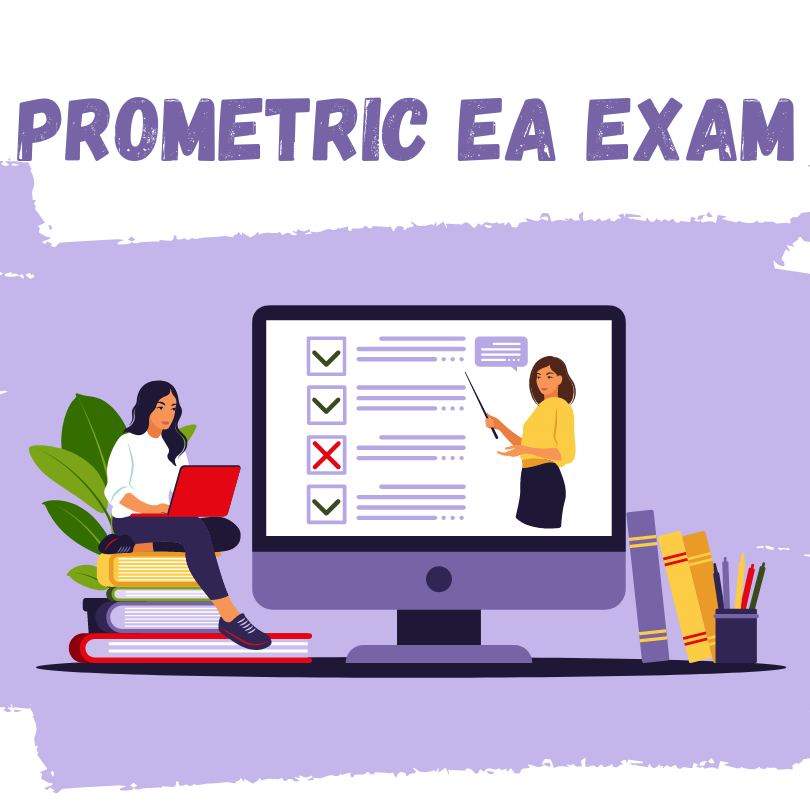Enrolling in an enrolled agent course is a great way to prepare for the Enrolled Agent Exam and earn the prestigious enrolled agent credential, which is highly valued in the tax industry. But with so many course providers out there, it can be difficult to know which one to choose.
To help you make an informed decision, here are some key factors to consider when looking for an enrolled agent course:
Enrolled Agent Course Cost
Cost is an important factor to consider when choosing an enrolled agent course. Enrolled agent courses can range from a few hundred dollars to several thousand, depending on the provider and the course format. You should choose a course that fits your budget, but keep in mind that the cheapest course may not necessarily be the best. In general, the higher priced courses offer more “stuff,” but it doesn’t mean that more is more effective. Instead, focus on courses that provide a lot of test questions, explanations, practice exams, and can pinpoint weak subjects that you can focus on.

Do I Need To Spend $600-$1,000 for a Good Enrolled Agent Course?
No! If you pay that much money, don’t forget that it is $203 for every attempt per part at Prometric and then the EA enrollment forms cost $140. The costs can really add up along with the investment of your time.
Choose a course like EA Exam Test Bank from eaexam.co that comes with thousands of real exam questions. Answering a question in the free test bank, paid test bank, or paid practice exams accessing a learning AI to pinpoint your weaknesses by subject covered on the exams. Not only will you save time, but you will save the most valuable resource of all… time!

Enrolled Agent Course Format
Enrolled agent courses can be offered in a variety of formats, such as online self-study, live online classes, or in-person classes. Think about what type of format will work best for your learning style and schedule. If you have a busy schedule or live in a remote area, an online course may be the most convenient option. On the other hand, if you prefer in-person interaction and hands-on learning, an in-person course may be a better fit.
In general, in-person training is still likely to be augmented by online courses. When you went to school in-person, you still had homework. It may prove to be more cost effective to just focus on the homework!
Enrolled Agent Course Reputation
When choosing an enrolled agent course, it’s important to choose a provider with a strong reputation in the industry. Look for providers with a track record of success and a history of satisfied students. You can research this by reading reviews and testimonials online or by asking for recommendations from other professionals in the tax industry.
Some course providers also offer free tools or money back guarantees. The free tools allow you to see some or all of the product to find out if it’s a good fit. Guarantees can help protect your investment in a program.
EA Course Features
Enrolled agent courses can vary in terms of the features and resources they offer. Look for a course that provides a range of materials and resources to help you learn and prepare for the exam. For example, some courses may offer access to study materials like textbooks, flashcards, or online practice exams. Others may provide one-on-one support from instructors or offer the ability to interact with other students. Make sure the course you choose offers the resources that will best fit your learning style and needs.
Pass Rates
Finally, when looking for an enrolled agent course, it’s important to consider the provider’s pass rates on the Enrolled Agent Exam. A high pass rate indicates that the course is effective at preparing students for the exam and that students who complete the course have a good chance of passing. However, it’s important to note that pass rates are not the only factor to consider when choosing a course, and a high pass rate doesn’t guarantee success.
In conclusion, choosing the right enrolled agent course can be the key to passing the Enrolled Agent Exam and advancing your career in the tax industry. By considering factors like cost, course format, provider reputation, course features, and pass rates, you can find a course that meets your needs and gives you the best chance of success.





